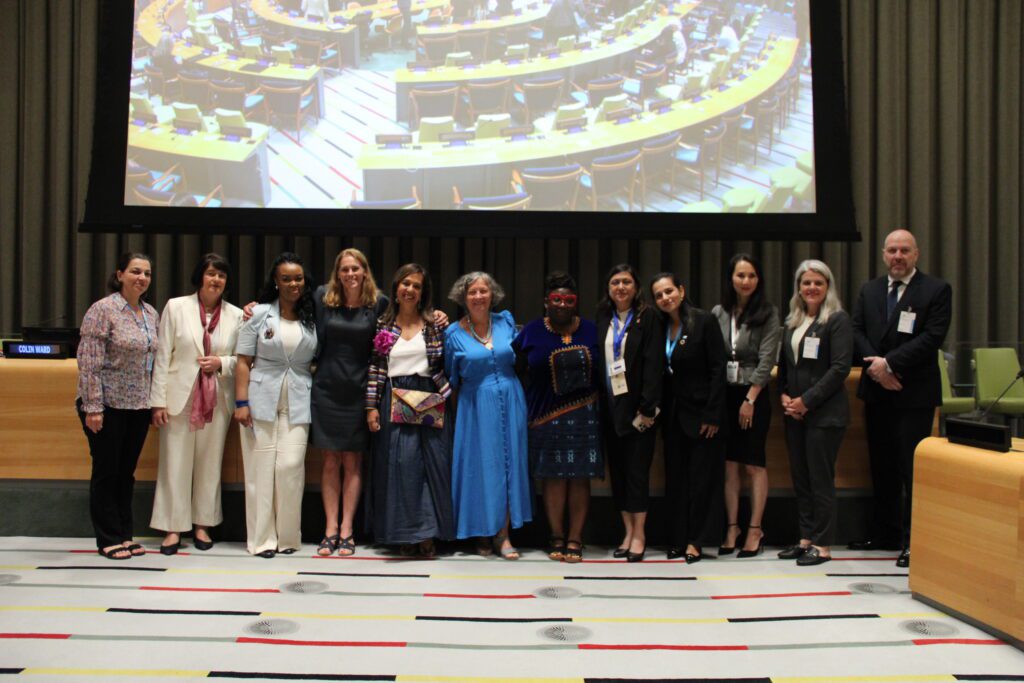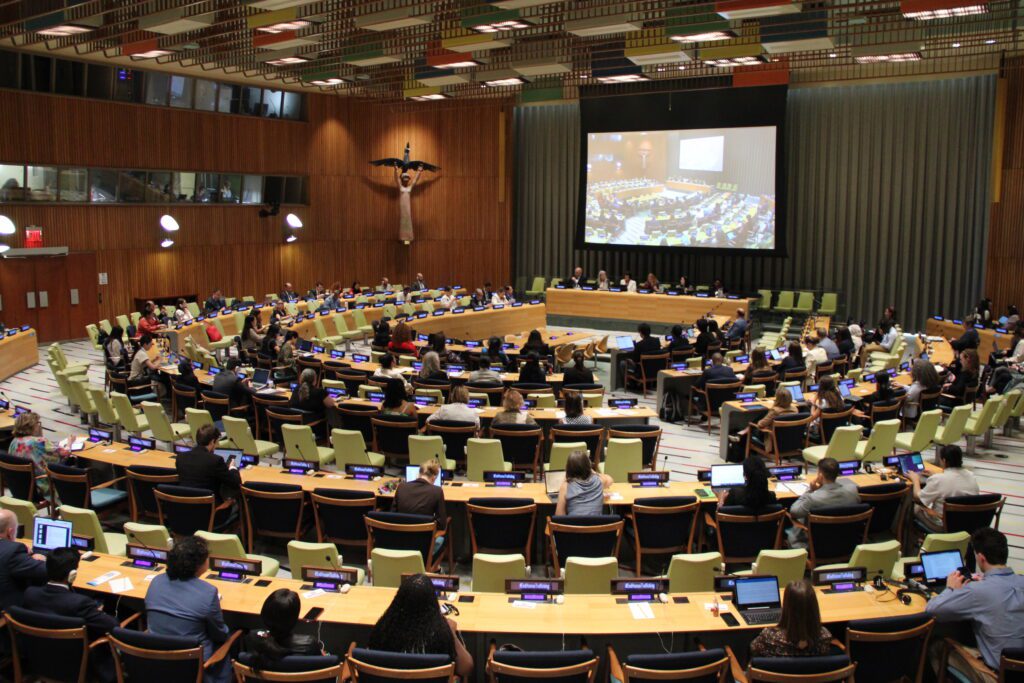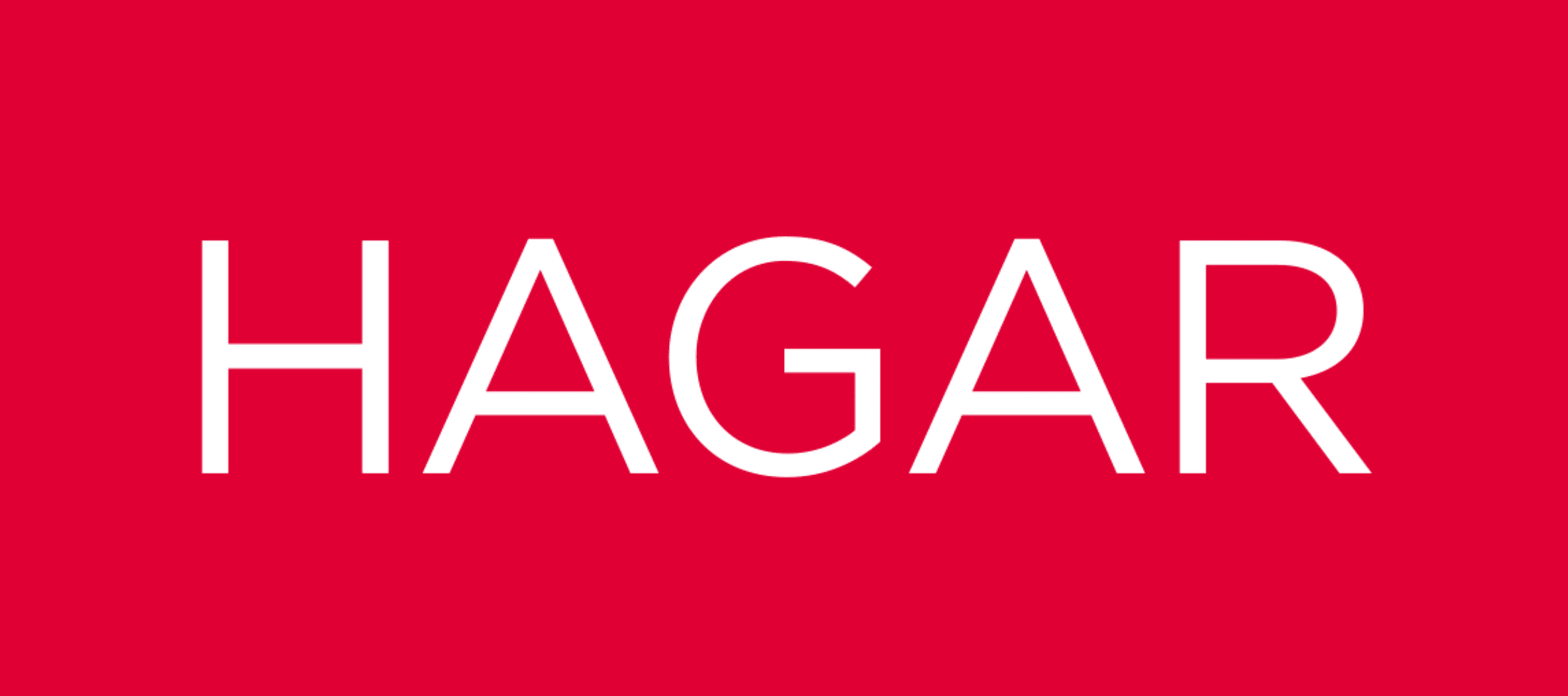A Turning Point for Trafficking Victims in Scam Compounds
At the UN Multi-Stakeholder Hearing in New York on June 30, 2025, Catherine Kirkendall, Executive Director of Hagar International’s US office, delivered a powerful address calling for urgent international action to address forced scamming, a growing form of human trafficking for forced criminality.

“This is not just financial fraud. It’s modern-day slavery happening online and offline — and it’s criminalizing the very people who need rescue.”
– Catherine Kirkendall
What Is Forced Scamming?
Forced scamming, sometimes referred to as digital slavery, is a form of human trafficking in which people are lured by fake job offers, kidnapped or smuggled across borders, and forced to conduct scams inside guarded compounds.
Kirkendall highlighted the growing crisis of scam compounds in Southeast Asia, especially across Cambodia, Laos, and Myanmar, where:
-Victims are physically confined or remotely coerced
-They’re forced to conduct online scams — romance fraud, crypto schemes, phishing
-Many are beaten, electrocuted, or resold if they don’t meet scam quotas
-Over 7,000 victims were rescued in Myanmar in early 2025 — but thousands more remain
Learn more about forced scamming
From Criminalized to Recognized
A major theme in Catherine’s speech was the misclassification of victims. Many survivors of forced scamming are still treated as criminals, not protected as trafficking victims.
“That is not a failure of law. It’s a failure of recognition.”
– Catherine Kirkendall
Kirkendall urged global leaders to enforce the Palermo Protocol, emphasizing that no new definition of trafficking is needed — only clarity, protection, and action.
What Needs to Change?
In her address, Catherine outlined four critical global priorities:
Recognition Clarity — Acknowledge forced scamming as trafficking for forced criminality
Survivor Protection — Uphold the non-punishment principle in courts and policing
Accountability — Disrupt enabling systems like underregulated tech platforms and anonymous financial networks
Cross-Border Collaboration — Improve referral, rescue, and prosecution mechanisms

Every Survivor Deserves to Be Seen
Hagar was the first woman recorded to name God as “the one who sees me.” Hagar as an organization remains committed to seeing survivors of trafficking clearly — with dignity, protection, and justice.
“Let this be the moment we evolve together — aligning our systems with the realities of this crime.”
Catherine Kirkendall
Take Action: Join the Campaign to End Digital Slavery
📢 Share this post on LinkedIn or Facebook using #DigitalSlavery #ForcedScamming
Help free and restore survivors of scam trafficking:
